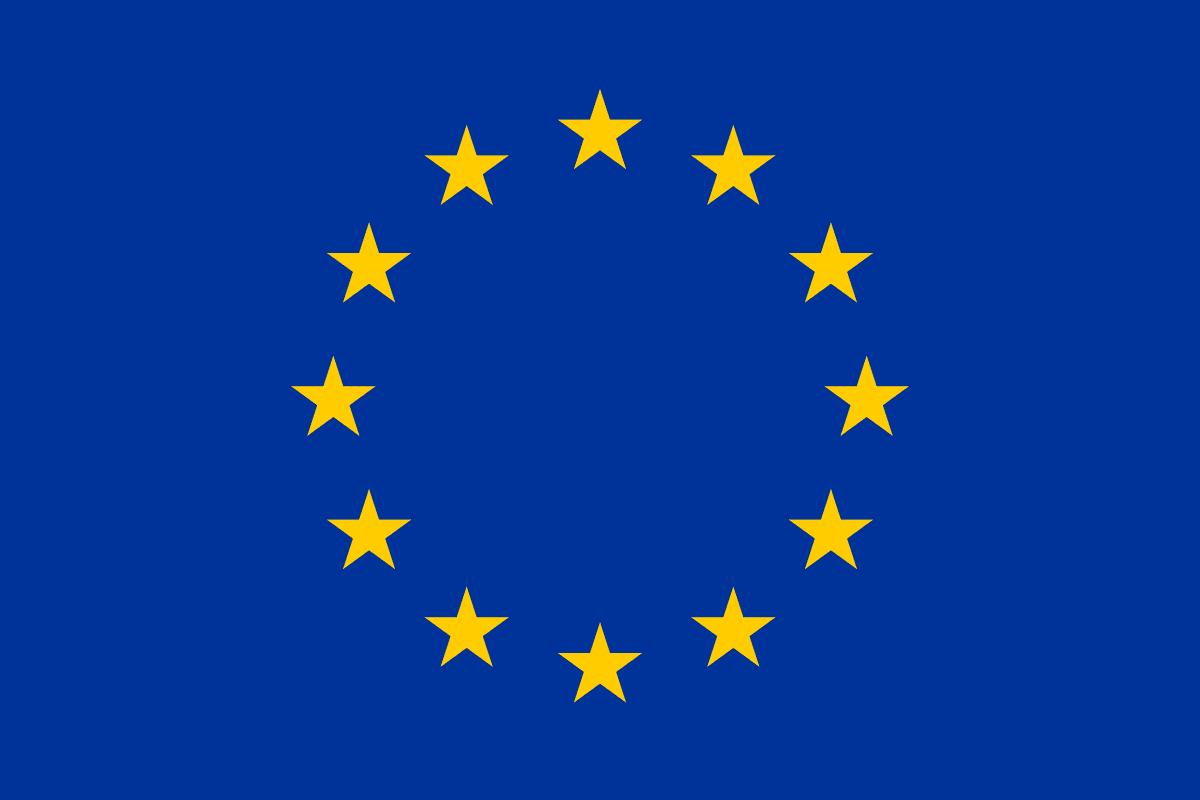Things are about to get messy with the internet.
You may or may not have been keeping up with the EU’s article 13 drama. But if you haven’t, now would be a good time to pay some attention to it. Because the EU passed the new copyright directive just recently.
The directive has been an ongoing thing,and we’ve covered it before. But for those totally unaware, here’s the gist of it. Article 11 (a.k.a. the link tax) requires web platforms to obtain a license to link or display excerpts from news articles. The intention here is to give small news organizations a revenue boost from services like Google News displaying and linking to their articles. Article 13, on the other hand, requires these platforms to make their “best efforts” to obtain licenses to copyrighted material before it’s uploaded to their platform. It stands opposed to the current method, wherein these platforms need only comply with copyright takedown notices in such cases. To put its concept int a metaphor, it’s like trying to dodge a never-ending series of oncoming trains while blind, deaf, and legless; you’re all but guaranteed to lose.
The directive has been championed by the likes of Paul McCartney and Lady Gaga, mostly as the stated intended result is giving artists more power against tech giants. It’s supposed to make it harder for entities like Google to make money off of copyright violations. The reality, however, is that, as written, it will be far, far more likely to do the opposite. Any small time publisher or startup likely won’t have the money to comply with the law on this compared to those established giants; they simply won’t be able to take the risk of someone uploading something whose required license they don’t even know ahead of time. And, well, thanks to Spain trying something very similar a while back, we know ho companies like Google will operate under these laws; they simply won’t display news results in the EU. The concept of Fair Use, which, despite being an difficult to define grey area, will evaporate.
There is a tiny glimmer of light, though. Now that the EU has passed it, every member of the union has two years to have a go at improving the legislation before it’s implemented in their country. That said, you might want to temper that swell of optimism. Because, as Electronic Frontier Foundation’s Cory Doctorow has pointed out:
The problem is that EU-wide services will struggle to present different versions of their sites to people based on which country they’re in, and so there’s a good reason to believe that online services will converge on the most restrictive national implementation of the Directive.
The directive passed with 348 votes in favor of, 274 against, and 36 abstentions. And thanks to VoteWatch, you know which of these people probably shouldn’t continue having a political career. So if you’re in Europe, keep the pressure up on your representatives. Your corner of the internet depends on it.
Source: Gizmodo

